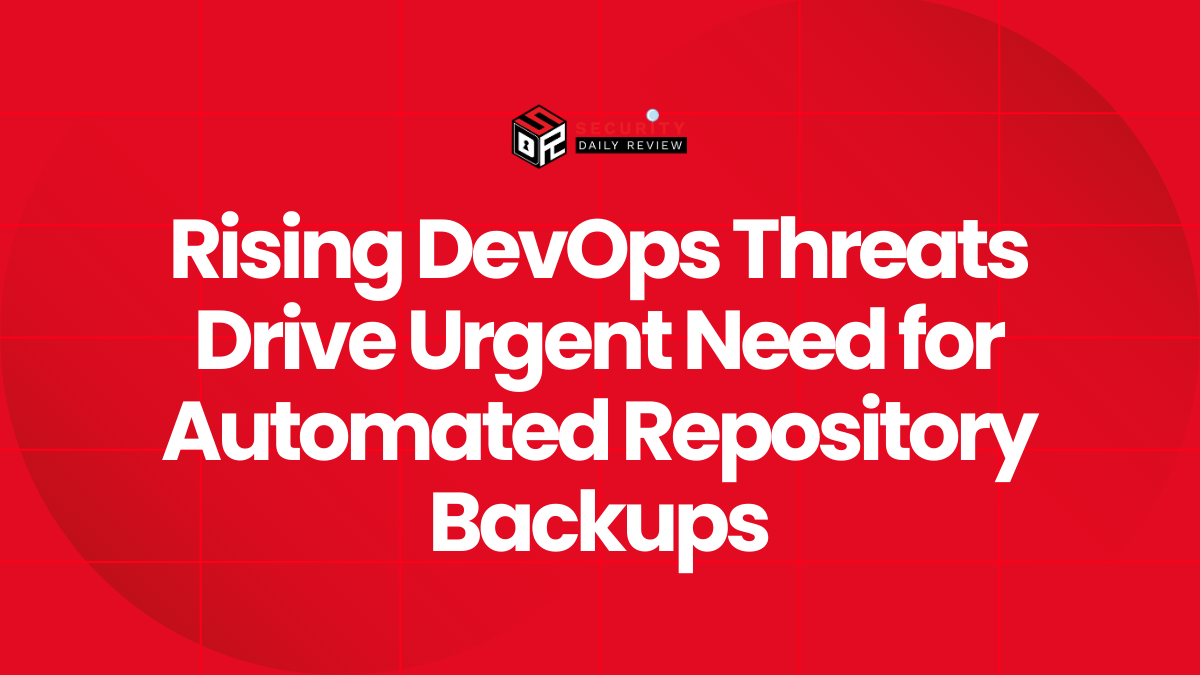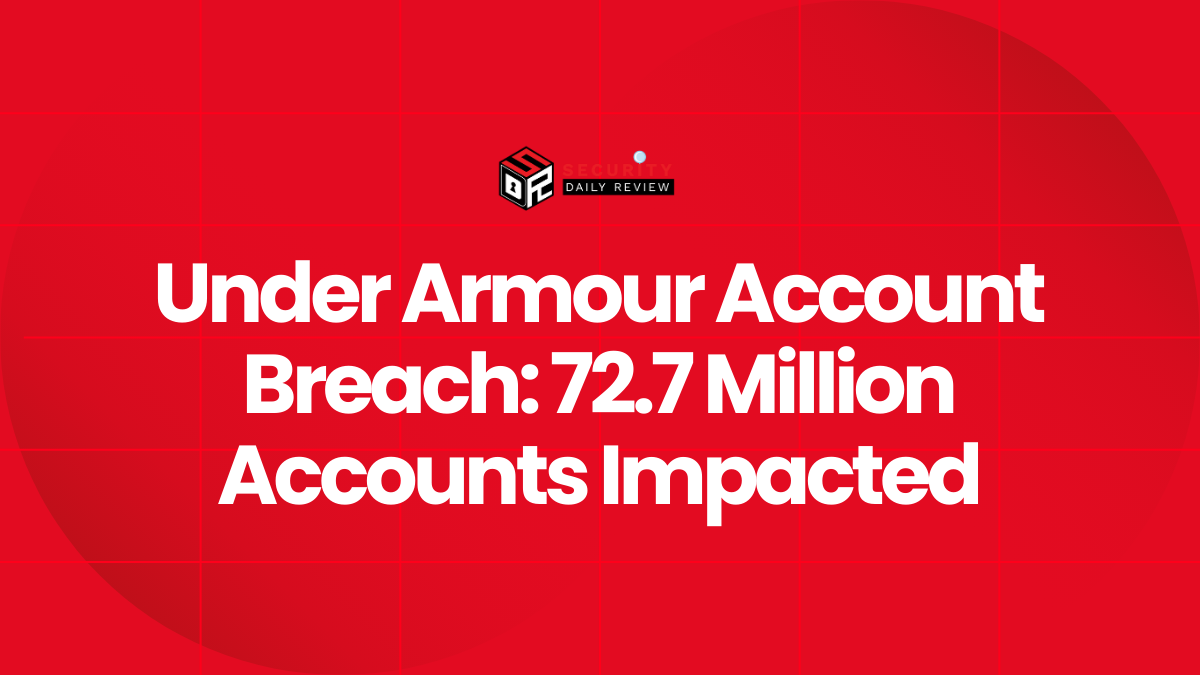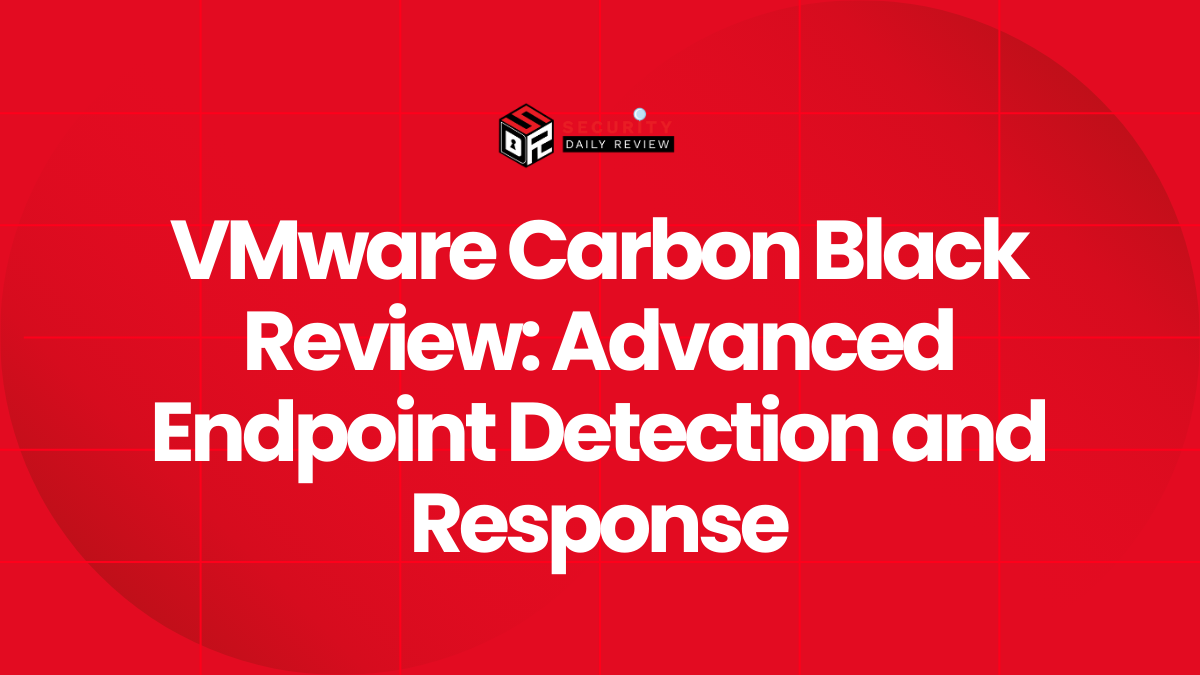As software development accelerates via DevOps pipelines, the operational integrity and security of application source code repositories have become critical. Yet even organizations using top-tier platforms like GitHub, GitLab, Bitbucket, and Azure DevOps are discovering serious vulnerabilities stemming from weak access controls, misconfigured integrations, and increasingly frequent outages or deletion incidents. These risks—whether accidental or malicious—highlight the importance of implementing immutable, automated backup and rapid recovery solutions to prevent loss of intellectual property and business disruption.
DevOps Pipelines Face Growing Threat From Operational Missteps
DevOps—the convergence of software development and IT operations—is designed to deliver robust and efficient code deployment pipelines. However, repositories within these platforms often become high-value targets or points of failure due to human error, lack of enforcement around access policies, or external attacks against integrations and APIs.
Misconfigured Access Controls and API Tokens Elevate Exposure Risk
One of the most common and consequential security gaps reported among DevOps teams is weak or misconfigured access control. These vulnerabilities often result from:
- Over-privileged API tokens and automation scripts that are not regularly rotated or revoked
- Inherited permissions on git repositories that were once shared externally
- Improper user management, especially when DevOps technicians or contractors leave the organization
- Limited logging and audit capabilities within some platform tiers, which inhibits proper threat hunting
These configurations open the door for data exfiltration, account takeovers, and accidental deletions of critical code or pipeline infrastructure—all scenarios observed revisiting recent high-profile incidents on these platforms.
Outages and Accidental Deletions Introduce Operational Fragility
DevOps pipelines are also impacted by platform-level outages or unintentional file removals. In many of these cases, pipeline downtime extends beyond development delays—it directly affects Continuous Integration/Continuous Deployment (CI/CD) cycles, halts production updates, and can even corrupt environments relying on orphaned repositories or unbacked configuration states.
Against this backdrop, several organizations have reported cases of entire pipeline definitions or backend infrastructure vanishing after user permission conflicts or scripting errors were made during high-speed deployments.
Immutable Backup and Rapid Recovery are Key Safeguards Against Data Loss
To address the growing range of DevOps threats, automated and immutable backup tools are gaining traction. One such offering, GitProtect, exemplifies this approach by providing backups purpose-built for platforms including GitHub, GitLab, Bitbucket, and Azure DevOps.
Automated Backups Preserve Code Integrity Across Ecosystems
Automated backup solutions operate on predictable intervals and can include:
- Full repository-level snapshots
- Backups of all pipeline configurations and branch states
- Coverage for Jira issues, metadata, and documentation files often housed alongside source code
These backups serve not just to restore functionality in the event of an outage, but to offer evidence and restore points in the face of compromise or tampering.
Immutability and Fast Restore Reduce Recovery Time Objectives
The key benefit of immutability—where backup data cannot be altered or deleted—is that it prevents tampering by malicious insiders or ransomware groups. In the event that access tokens or repositories are deleted, immutable backups paired with rapid restore protocols can bring platforms back to full operation in minutes—crucial for minimizing recovery time objectives (RTOs) and business impact.
In addition, fast recovery also ensures that DevOps teams can meet Recovery Point Objectives (RPOs), maintaining near real-time application development capabilities with minimal data loss.
Securing DevOps Environments Demands Continuous Improvements
While securing DevOps pipelines begins with access control best practices—such as least-privilege access, frequent token rotation, and audit logging—backup and recovery tools are becoming an essential part of modern application security strategies.
As development organizations integrate more automation into their workflows, the consequences of misconfigurations or outages grow proportionally. Solutions like GitProtect can provide an essential fallback that ensures CI/CD infrastructure and intellectual property remain protected—not just from attackers, but from unexpected internal errors, as well.
With DevOps security becoming foundational to digital business continuity, organizations must evaluate their current repository protections and integrate immutable, automated backup systems to ensure long-term resilience.










